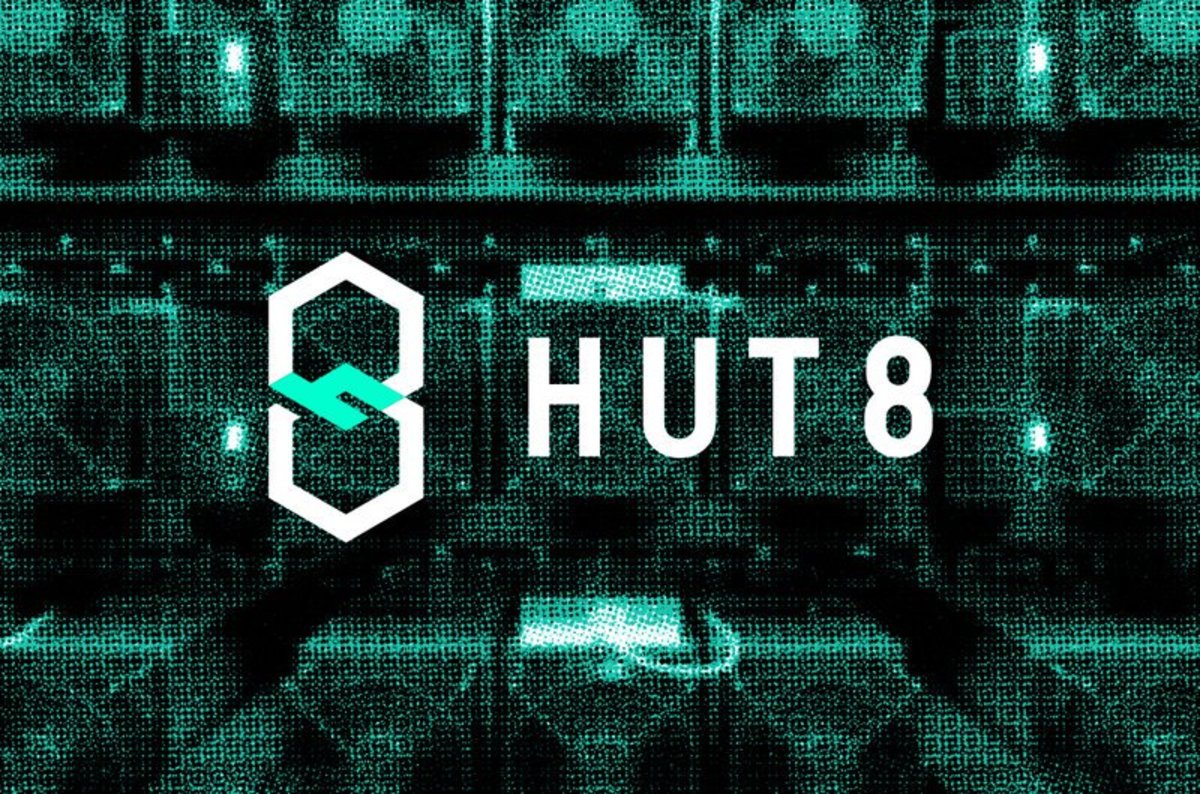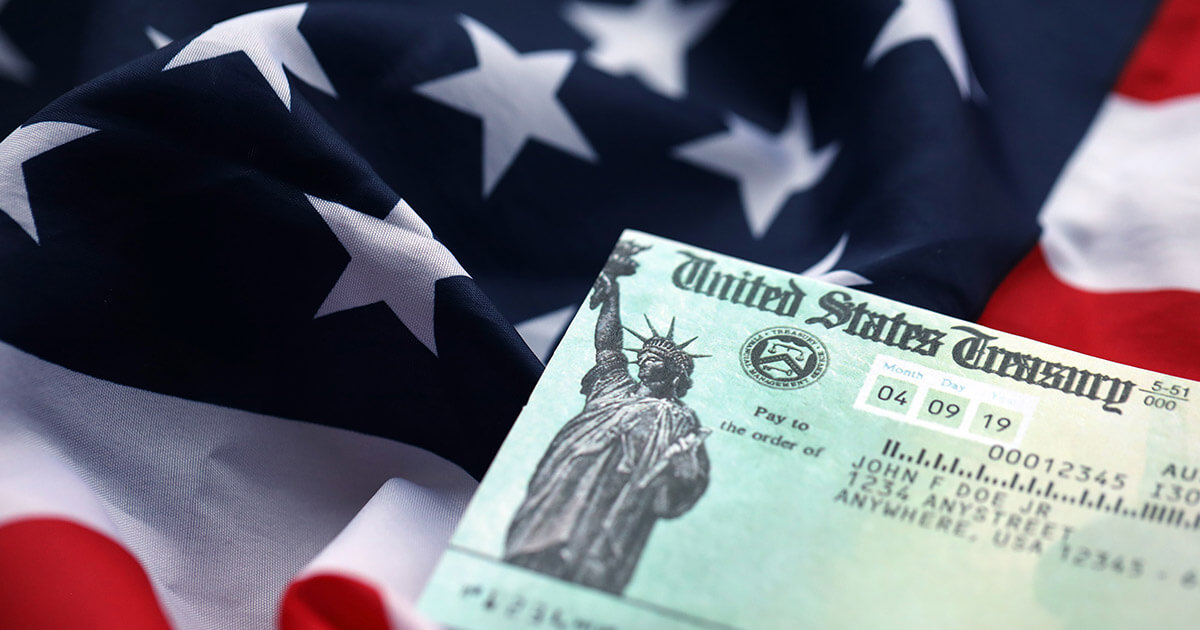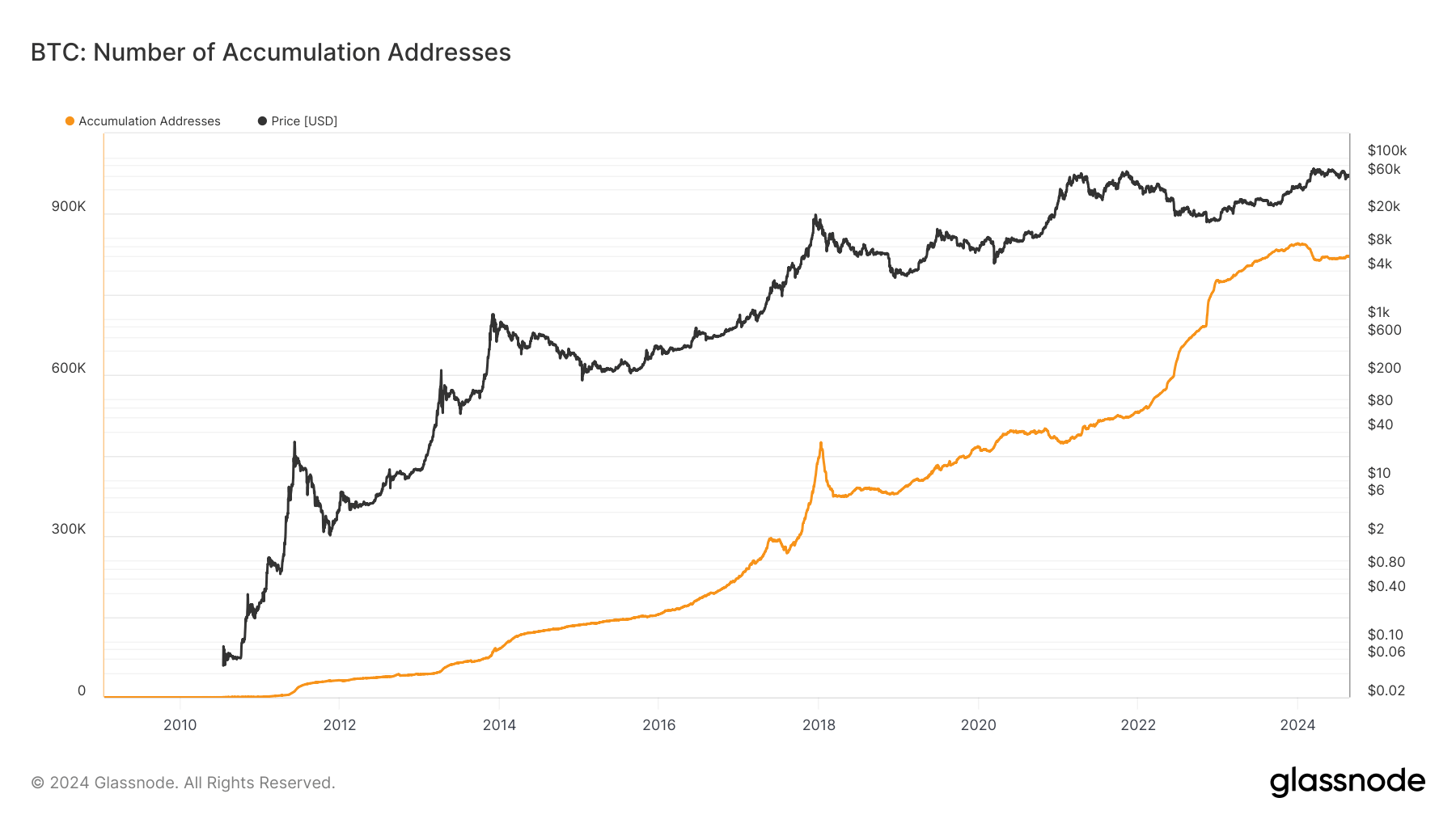Disappearance of Solana ETF Applications
Forms 19b-4, submitted by VanEck and 21Shares for Solana ETFs, were initially filed on July 8. CBOE also requested public comments, showing support for Solana’s entry into the ETF space. Despite this, the applications were taken down from the website without any official withdrawals from the companies involved.
Nate Geraci, President of the ETF Store, views this as a sign that Solana ETFs may not be approved under the current regulatory environment. Scott Johnson, a finance lawyer, noted that SEC Chair Gary Gensler seems to be signaling that Solana ETFs are “dead on arrival.”
SEC’s Silence Raises More Questions
The SEC has not issued any formal notice on the matter, adding to the confusion. Unlike Ethereum ETF applications, which were reviewed and eventually approved in July, the Solana filings have not seen similar movement.
SEC Commissioner Hester Pierce recently mentioned that the commission needs more convincing before it can approve a Solana ETF. The approval process requires Solana to comply with strict regulations, including anti-money laundering laws and know-your-customer protocols.
Solana Faces Challenges, But Global Success Could Help
Solana also faces challenges regarding network reliability and concerns about market manipulation. However, its success in countries like Switzerland, Canada, and Brazil could bolster its case for approval in the U.S.
While companies like Valkyrie Investments and Bitwise Asset Management have shown interest in launching Solana ETFs, some firms remain skeptical. BlackRock, for example, has expressed concerns over Solana’s market maturity and investability.
On the other hand, VanEck’s head of research, Mathew Sigel, believes Solana’s similarity to Ethereum makes it a strong candidate for ETF approval. He argues that if Ethereum qualifies as a commodity, the same could be true for Solana.
Despite the setbacks, hope remains among some that a Solana ETF could still make it to the market.

















 English (US) ·
English (US) ·